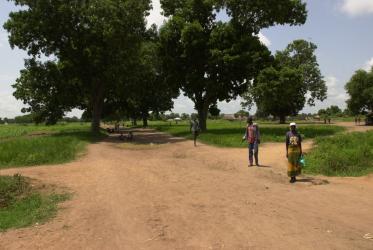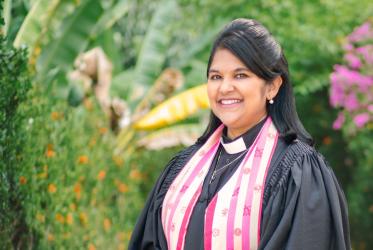Displaying 61 - 80 of 235
In pictures: Week of Prayer for Christian Unity
01 February 2021
COVID-19 in conflict zones: “a crisis within another crisis”
27 November 2020
In a COVID-stricken world, “everyone is important”
23 October 2020
In Trinidad and Tobago, “we do need to recapture some ideals”
07 October 2020
WCC calls for end to violence in South Sudan
07 August 2020














